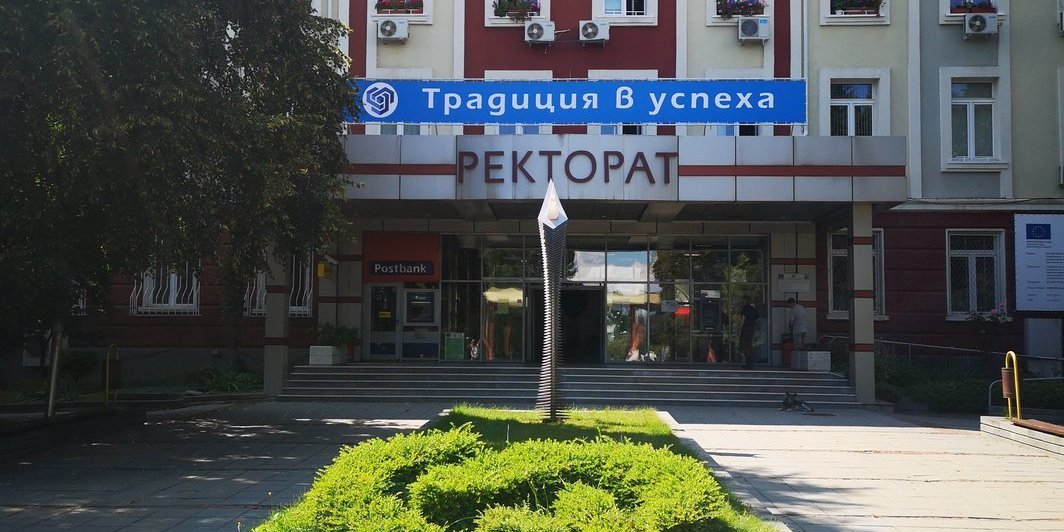
Technical University of Sofia (TUS)
Sofia University of Technology is the first and largest university in Bulgaria and was also the first to integrate foreign language teaching in German, English and French as an integral part of its curriculum and to offer double degrees with universities in Germany, the UK and France. There are currently 8,000 Bachelor's and 2,400 Master's students as well as 500 doctoral students. Around 1,100 academics teach and conduct research. The university's teaching and research areas largely cover all areas of engineering, including mechanical engineering, industrial engineering, electronics, telecommunications, mathematics, computer science, information technology, electrical engineering, industrial automation, transport engineering, aeronautical engineering and nanotechnologies.
Faculties of the TUS
The TUS comprises several faculties:
- Faculty of Automation Technology
- Faculty of Electrical Engineering
- Faculty of Power Engineering and Power Machines
- Faculty of Industrial Engineering
- Faculty of Mechanical Engineering
- Faculty of Electronics and Information Technology
- Faculty of Communications Engineering
- Faculty of Computer Systems and Computer Technologies
- Faculty of Transport and Traffic Engineering
- Faculty of Management
- Faculty of Applied Mathematics and Computer Science
- Faculty of German Engineering Education and Industrial Engineering
- French Faculty of Electrical Engineering
- Faculty of Engineering in English
Research at the TUS
Sofia University of Technology conducts a variety of applied research activities and provides opportunities for technology transfer at national and international level. Specialised areas covered by the activities of R&DS at Sofia University of Technology are:
- CAD/CAM and technology in mechanical engineering;
- Automation;
- Aerospace engineering;
- business administration;
- electrical engineering;
- electronics;
- Energy technology and energy machines;
- Industrial design;
- Industrial management;
- Information and communication technologies;
- Computer systems and technologies;
- Communication and communication technologies;
- Materials science and materials theory;
- Mechanical engineering;
- Mechatronics;
- Applied mathematics and applied physics;
- Textile machines and technologies;
- Thermal energy technology and nuclear energy technology;
- Transport machines and technologies;
- Hydro-Aerodynamics and Hydraulic Machines.